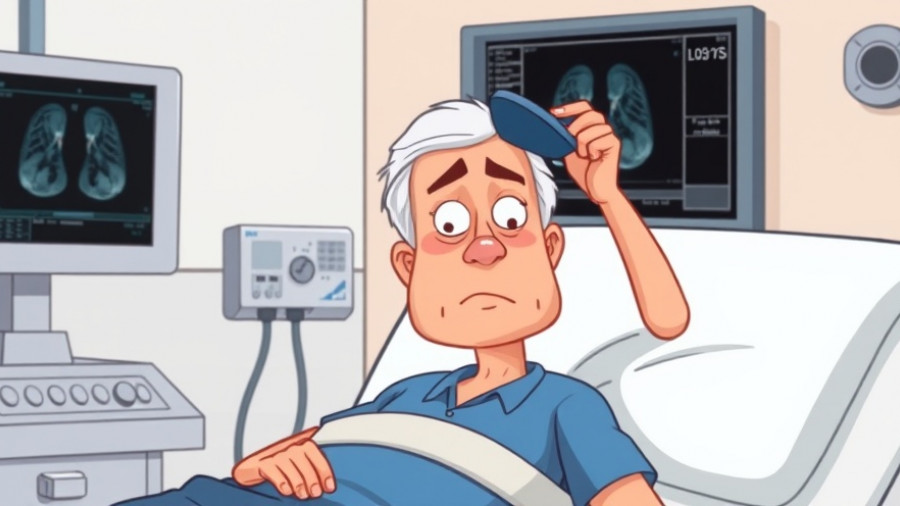
The Silent Battles: Understanding Trauma Stored in Our Tissues
Many of us are unaware that trauma does not merely reside in our memories but can be stored within our bodies. This phenomenon is often described as a silent burden, where unresolved emotions manifest as physical ailments. For individuals suffering from any form of trauma, whether due to personal experiences or collective societal issues, it becomes vital to not only acknowledge these buried feelings but also to engage with them. Research indicates that our bodies hold onto stress, tension, and unresolved conflicts, leading to a range of health issues.
The Healing Power of Mindfulness and Meditation
Practicing mindfulness and meditation can play a transformative role in releasing stored trauma. Such techniques enhance self-awareness and allow individuals to reconnect with their bodies. A simple practice involves dedicating ten minutes daily to mindful breathing. This helps center thoughts and offers a window into one’s emotional landscape, making it easier to address underlying issues. As you become more aware, it creates an opportunity for healing and growth, fostering a greater sense of self-efficacy as challenges are confronted.
Building Resilience in the Face of Challenges
Resilience is our ability to bounce back from adversity, and it is intimately linked to how we handle trauma. Youth and families experiencing stress from situations like crime and economic hardships in South Africa can particularly benefit from resilient practices. Community programs focusing on educational support, mental health awareness, and practical skills training empower individuals to navigate their emotional and physical challenges more effectively. This builds not only individual resilience but also cultivates a supportive collective environment.
Therapeutic Practices: A Journey to Self-Discovery
Therapy, in various forms, provides a structured environment to explore traumatic experiences. Whether it be traditional talk therapy or alternative methods such as art or movement therapy, each offers unique pathways toward understanding and healing trauma. Engaging with a trained professional can help unpack complex feelings and facilitate a deeper understanding of one's self. Many practitioners in South Africa are now incorporating culturally relevant techniques, resonating well with those seeking holistic healing approaches.
Embracing Community Support: The Importance of Connection
In cultures where communal ties are strong, leaning on family and friends becomes essential in the healing journey. Sharing experiences fosters understanding and validates feelings, ultimately reducing the weight of trauma. Educators and community leaders can play crucial roles in this process by establishing safe spaces for conversations about mental health, which can significantly diminish the stigma surrounding therapy and emotional well-being.
Facing the Future: A Society That Cares
As society evolves, mental health awareness is climbing to the forefront. Initiatives aimed at reducing youth crime, providing education, and creating support systems are essential. By promoting resilience and techniques like mindfulness, mental health becomes more than a personal journey; it transforms into a communal mission. Strengthening the mental and emotional landscape will empower future generations to tackle not only personal traumas but societal challenges too.
Final Thoughts: Setting Yourself Free
Recognizing the significance of trauma and embracing transformative practices can set one free from debilitating cycles. Through emotional resilience, community bonds, and self-awareness, individuals not only reclaim their narratives but also inspire others. Allow yourself the grace to heal; it is never too late to start. By exploring techniques of mindfulness and resilience, every person, regardless of background, can embark on a healing journey that liberates not just the individual but an entire community.
 Add Row
Add Row  Add
Add 




Write A Comment